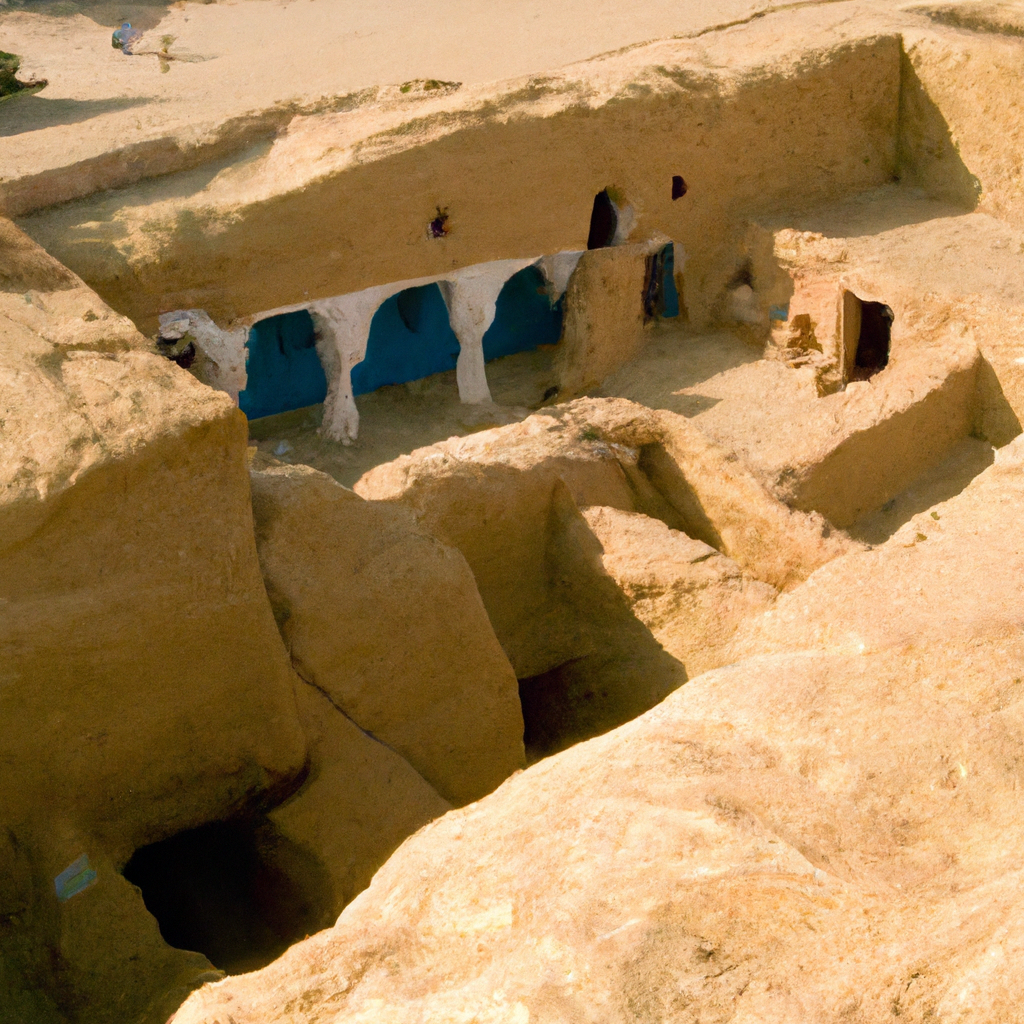An Echo from the Ancients: Discovery of Over 30 Greco-Roman Graves in Aswan
In the heart of Egypt, beneath the endless blue of the Aswan sky where the Nile's waters caress age-old sands, a profound discovery has been made. A team of archaeologists has unearthed over thirty graves dating back to the Greco-Roman period, offering a new glimpse into a civilization that has long fascinated the modern mind.
The graves, intricate in their construct and rich with history, are thought to belong to individuals who may have lived with, and subsequently died from, orthopedic diseases. This revelation not only adds a new layer to our understanding of ancient health and medicine but also paints a poignant picture of human fragility that transcends the ages.
As we delve deeper into the sands of Aswan, the presence of the Greco-Roman influence is unmistakable. The stylistic nuances of the tombs, with their ornate and meticulously crafted features, suggest a blend of cultures that thrived under the vast empire's rule. This cultural amalgamation highlights a period of profound exchange and adaptation, reflective of the dynamic and interconnected history of the Mediterranean basin.
These newly discovered graves serve as a reminder of our shared human heritage. They beckon us to remember that the ancients, too, wrestled with life's challenges, health issues, and the universal inevitability of mortality. Through the archaeological lens, we gain insights not only into the physical ailments that afflicted these ancient peoples but also into the societal and cultural elements that shaped their lives.
Each artifact recovered and every inscription deciphered contribute to a broader narrative — one that bridges thousands of years and reminds us of the continuity of human experience. As custodians of this newly surfaced past, we are reminded of the importance of preserving such sites, not merely as relics of human history but as sacred testimonies of human resilience and ingenuity.
The discovery in Aswan is more than an archaeological triumph. It is a call to reflect on our own place within the tapestry of human history, inspiring us to approach our modern ailments and afflictions with a perspective enriched by our ancestors' endurance and adaptations. As the Nile continues to flow, may it echo the tales of old, resounding through the ages, and reminding us of our enduring connection to the past.
As New Yorkers with an insatiable zest for the narratives of civilizations that paved the way for modern societies, this remarkable revelation from Aswan offers not just knowledge, but also a profound connection to the broader human story, intricately woven through the millennia.

